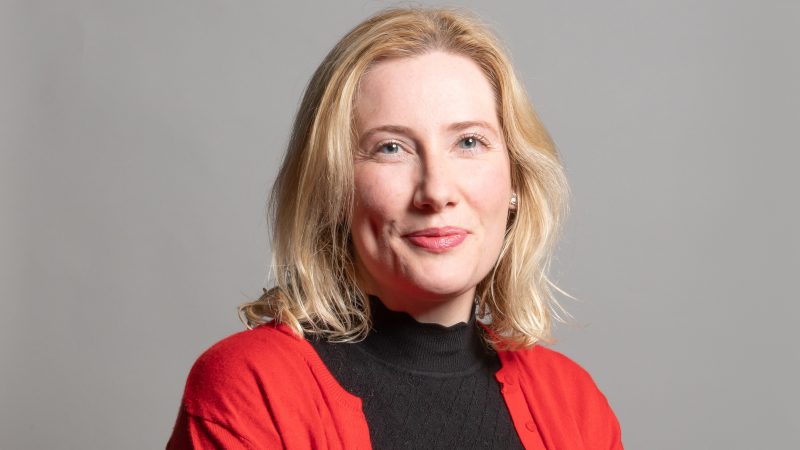
I recently went to Ukraine as a member of the Commons defence select committee, and if I was in any doubt of the need to give them every bullet and bomb we can, I am now certain that we must.
I’m not sure what I expected a city at war to feel like, but the legendary port of Odesa had a surreal calm. People there are getting on with their daily lives. Going to work and going home, living their normal routines, but always with that thought at the back of their minds that this might be the last time they do it. We were there on the day 90 missiles were fired at Ukraine. The sirens went off and everyone made their orderly way to the shelters. They were calm, so we were calm too.
Hidden away, I found myself in the company of some six and seven-year-olds. They used to learn Russian at school here, but that’s been replaced by English. We were counting to ten together and then sharing some crayons to do some colouring. Again, there was that strange sense of doing something so normal when all around everything was far from it. For example, hotel swimming pools are not often home to aquatic mammals, but we met some very friendly dolphins who have been relocated there after their aquarium became unsafe. Surrealism made the norm.
The people we met – and not just the official ones – were so warm and welcoming. A banner on the wall of the welfare centre that we visited wished King Charles a happy birthday. Everyone is very appreciative of the help the UK has rightly given so far, but always there’s that unspoken wish that we would do more, even join the war. Ukrainians understand that we haven’t stepped in because they aren’t a NATO country. But neither was Iraq nor Afghanistan nor, closer to home, Croatia and Bosnia.
We were lucky to be allowed to visit the Potemkin Stairs – the giant totemic stone steps leading into the city from the sea – which have been closed to the public on security grounds. The mayor (an impressive Grant Mitchell lookalike) had unmistakable pride in his city. He angrily explained how Putin persistently claimed it was a Russian city. “But it’s not,” he said. “It’s a European city. It’s always been a European city.” When we met Ukrainian forces, they trusted us with details of their troops’ previous campaigns, but always the often-unspoken question hung in the air: “Can’t you do more?”
They know that they’re fighting our war – Europe’s war. They know that we’re giving them modern weapons, but it’s Ukrainian people fighting and dying. They also know that there’s a limit to what we can do wherever our hearts lie.
Heading back to Moldova, we were held up at the border as communications went down following the earlier barrage of missiles that landed across the country. We were able to pick up occasional snippets over the hours we waited and heard of what was then thought to be a possible attack on Poland, the grave implications of which we all knew. We were acutely aware of the inability to do anything or go anywhere.
I got my book out to read knowing we had to just wait. I started chatting to a Ukrainian woman who was also waiting for the border to reopen so she could take refuge with a host family in Germany. Her parents were in Kherson, but she had had no contact from them in two weeks. More unspoken fears.
There’s a sense of insecurity in Moldova too. The president of the country, Maia Sandu, is possibly the bravest person I’ve ever met – taking on, as she has, corruption in an unprecedented way. The Moldovans were emphatic on one point: this isn’t about Putin, it’s about Russia. Timelessly imperialist Russia. Russia is doing what Russia has always done over the centuries. And they are fearful, as we would be.
On the plane home, a Ukrainian woman in the next seat started speaking to me in Russian. I told her that I didn’t understand and she said: “Ah, I thought you were Russian. You look Russian.” She was on the way to stay with refugee hosts in Surrey. She was grateful. She knew she would be better off there. But it wouldn’t be home. I was going home. She had no idea when she might be able to do the same.




More from LabourList
Letters to the Editor – week ending 15th February 2026
‘Labour council candidates – it’s tough, but all is not lost’
‘Labour won’t stop the far right by changing leaders — only by proving what the left can deliver’